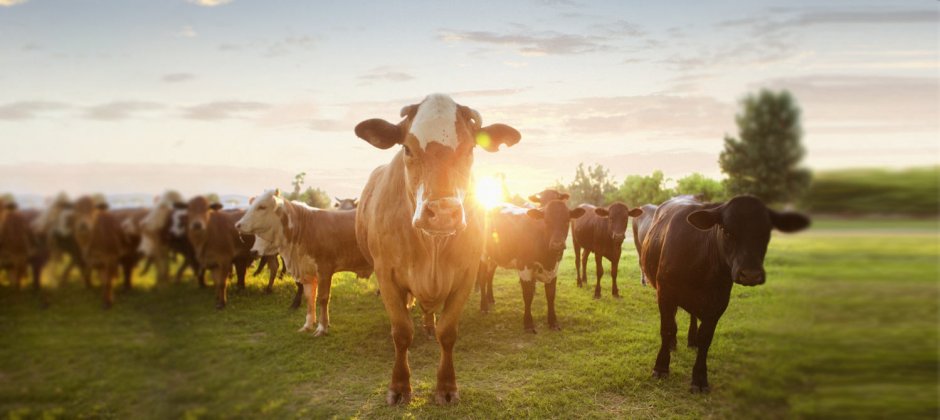An update from our friends at JIFA:
‘Jewish Initiative for Animals continues to amplify this statement affirming that kosher animal production should not be synonymous with factory farming (featured in Tablet Magazine), voices from across the Jewish community are rallying behind a renewed effort to support more sustainable food practices and bring visibility to the issue of “kosher humanewashing.” This week in The Times of Israel, Devora Kimelman-Block, Jewish food & agriculture educator and founder of KOL Foods, discusses how kosher humanewashing hurts not just conscientious consumers, but farmers and producers who condemn conventional factory farming practices.
You can read Devora’s article here, and share on Facebook, Instagram, and Twitter.
Groundbreaking national research on kosher consumers
Devora’s article cites national research released by Jewish Initiative for Animals and Farm Forward showing that, among many misperceptions, Jewish shoppers believe kosher production is good for animals. She writes: “Most Jewish Americans believe that a kosher certification guarantees an animal didn’t suffer much during its life, and nearly half believe that animals raised for the kosher market are treated better than non-kosher animals.” Urging communities to adopt better food practices necessitates raising awareness about the fact that all kosher animal products found in grocery stores come from factory farms.
Humanewashing goes beyond kosher
The phenomenon of humanewashing is an industry-wide issue. The recent New York Times Opinion video, “See the True Cost of Cheap Chicken,” highlights practices endemic to chicken production across the US, which companies actively work to hide from consumers. Read Farm Forward’s Letter to the Editor published today in response to the video!
We encourage you to share Devora’s article, our Kosher Consumer Research, New York Times’ Video, and Farm Forward’s LTE with your communities and colleagues as you raise collective Jewish consciousness around building a better food system.’




















